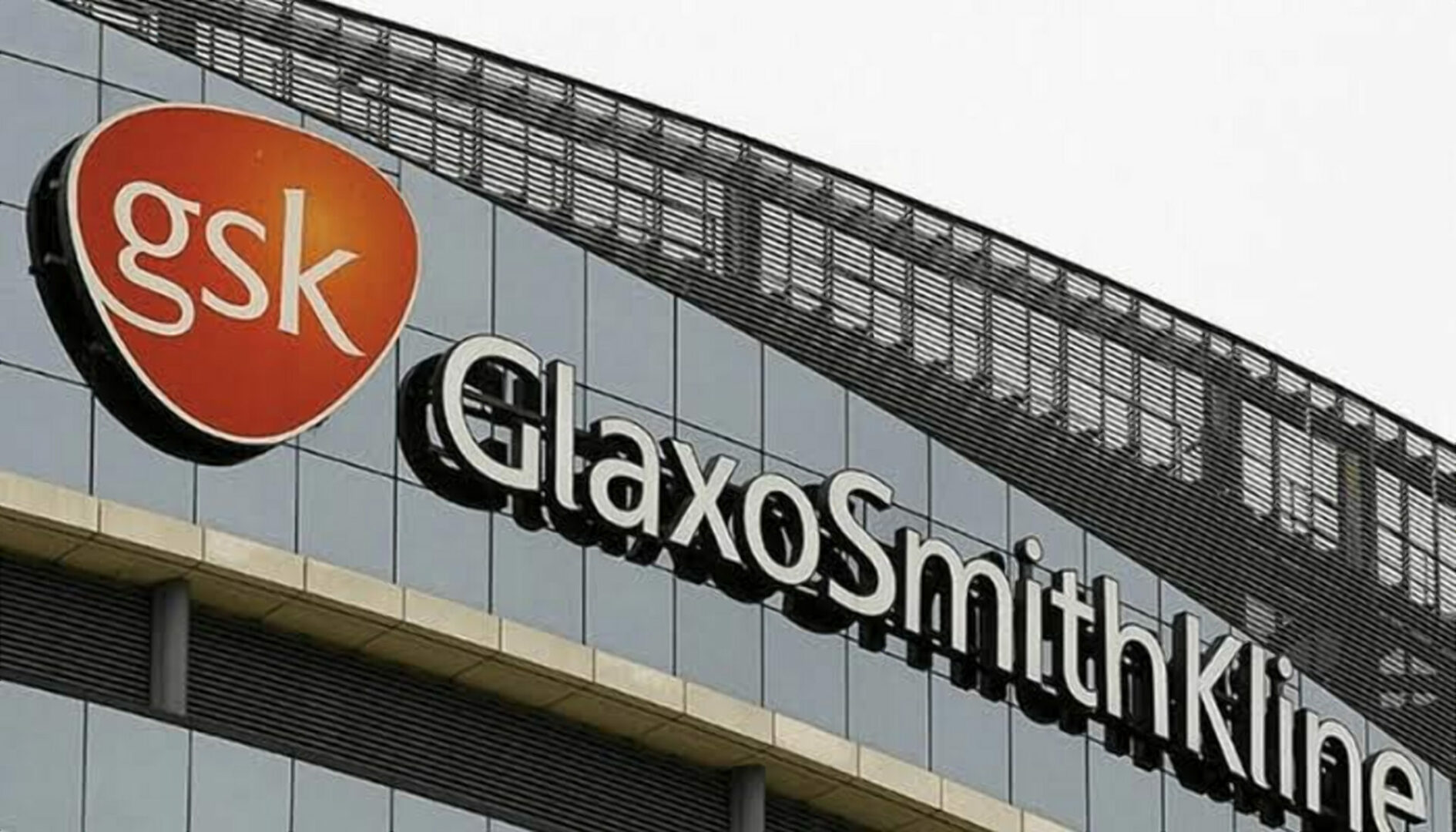Pharmaceutical giant Glaxosmithkline (GSK) has joined a list of multinationals exiting the Kenyan market.
The company has been running business in Kenya for nearly 60 years. The exit comes barely four months after Glaxosmithkline exited the Nigerian market.
Following the exit, GSK has announced that it will now rely on distributors to supply its products in the regional markets.
Nonetheless, GSK says that it will keep its manufacturing facility situated in Nairobi’s Industrial Area, operating under its independent consumer healthcare subsidiary, Haleon.
KQ delaying, canceling flights because of cabin crew shortage
“The production facility in Kenya is a Haleon facility, and is not the subject of the update that GSK gave in Kenya this week,” GSK said in a statement.
Haleon was hived off GSK in July 2022. It deals in products that Sensodyne and Panadol. GSK says that it will now focus on the lucrative prescription drugs and vaccines business, which has brands like Augmentin, Zentel and Ventolin.
“We announced that for our GSK business, we would move to a direct distribution model. This means that instead of having a GSK commercial operation in the country we will supply our medicines and vaccines through a third party,” the company further clarified.
In 2022, the company had received a multi-trillion buyout bid from multinational Unilever. However, GSK rejected the bid, saying that Unilever had undervalued it. The failed bid was followed by downsizing, with GSK ceasing marketing of medicines to healthcare professionals in 29 sub-Saharan African markets.
The company however maintained operations in Kenya and Nigeria, along with representative offices in Cote d’Ivoire and Ghana, until the recent exits.
The exit of GSK raises fears on the current economic environment in Kenya, coming hot on the heels of a streak of companies that exiting the local market. For instance, between July 2022 and June 2023, an estimated 2,030 businesses, all previously registered with the registrar of companies, ceased operations in Kenya.








